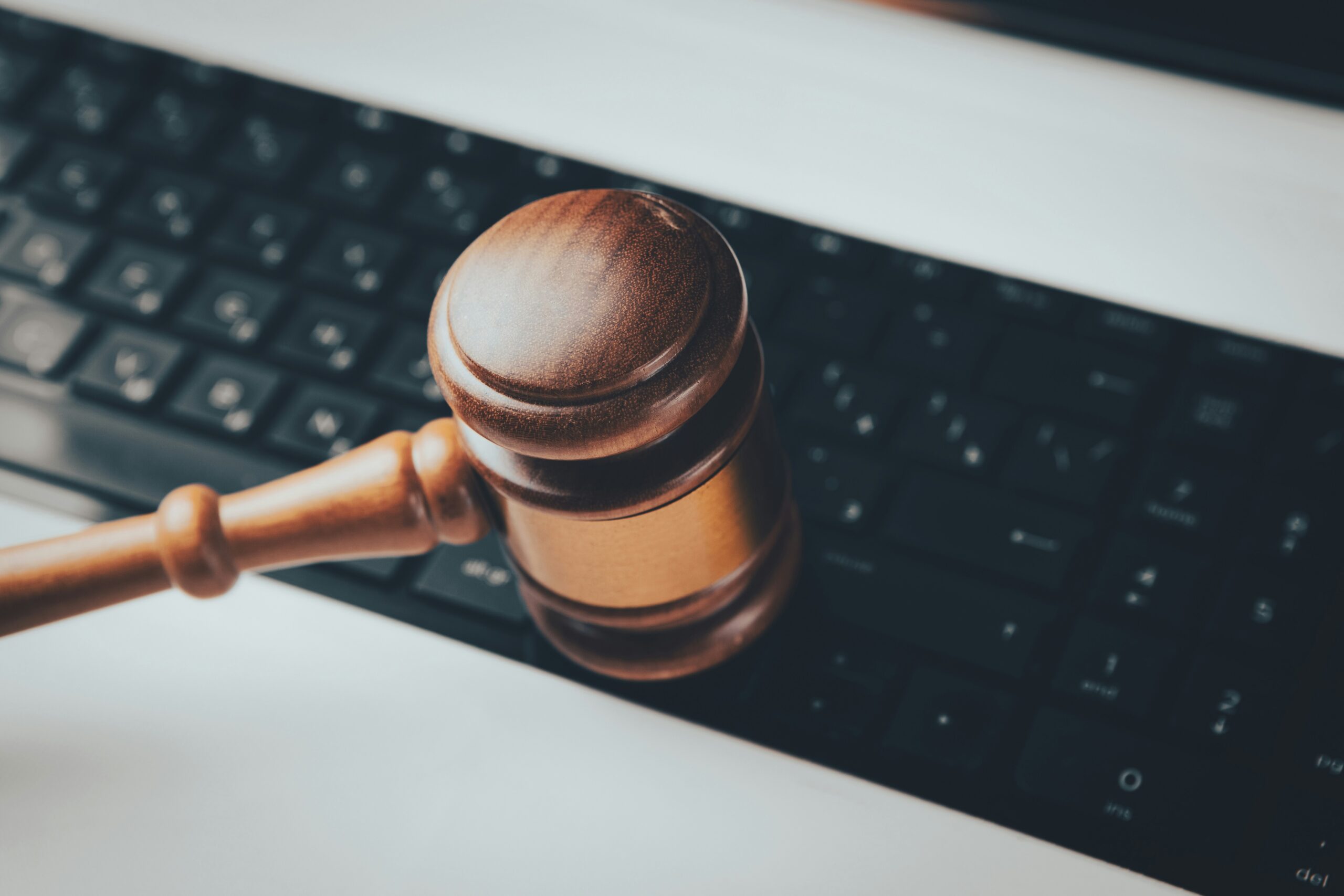
Alternative dispute resolution (ADR) processes do not necessarily avoid the adoption of processes which are “determinative” in nature.
Indeed, there are certain ADR processes that are highly determinative, including expert determination and arbitration.
Expert determination and arbitration are commonly adopted ADR processes that parties may elect to utilise where they seek a determinative result, without the need to go to court.
Importantly, both of these processes are increasingly being adopted by parties as part of tiered dispute resolution processes.
What is Expert Determination
Expert determination is a process where a dispute is referred to a third party (referred to as the “expert”), who then makes a determination based on the material put before them and their own understanding of the technical matters in dispute. To this end, the expert will often have subject matter knowledge on a specific topic, which are normally technical in nature.
Expert determination is government by an agreement between the parties (either within the contract or on subsequently agreed terms), which can extend to matters including:
- what specific disputes shall be determined by an expert;
- the process for appointing an expert;
- the procedural requirements for the submission of material each party considers relevant to the decision-making process;
- how the decision is to be given, including if reasons are required; and
- if the decision will be binding.
If the procedure for conducting the expert determination is not enshrined within the contract, the parties will often be required to agree on, at a minimum, the process for appointing the expert (which may include a nominated third party selecting the expert). Following this, if the parties cannot agree on a process moving forward, the expert will be able to dictate the steps which each party must follow.
Whilst parties may consider leaving procedural matters to the expert, it is beneficial to prescribe a process that both parties consider appropriate and reasonable in the contract. By doing this, parties can ensure there are sufficient allowances for the submission of evidence (on both lay and technical matters), that the expert will be able to take into consideration when making their determination.
What is Arbitration
Arbitration involves the parties referring a dispute to an independent third party (referred to as the “Arbitrator”) to make a determination.
The arbitral process is largely determined by the parties, where they have the ability to prescribe specific rules or processes that are to apply. This may be through an explicit reference to specific rules or processes that are to be adopted (which are typically published by specialist organisations) or failing this a legislative process which largely leaves procedural matters to be agreed or determined by the parties and/or the arbitrator.
Practically, the arbitration process will run very similar to court proceedings (pending the specific rules that might be agreed).
At its heart, the arbitrator will function in a similar role to that of a judge (and pending the parties agreed procedural rules, may function in a largely similar manner). To this end, if parties wish to have a “litigious” process that still preserves certain benefits (e.g. confidentiality and time efficiencies), this may be an appealing option.
Practical Considerations
A key difference between expert determination and arbitration is the role of the respective expert / arbitrator.
Namely, the expert is not ordinarily empowered to act as an arbitrator in the dispute. Practically, this means that the expert is not bound by the legislative requirements associated with an arbitration, and the expert is entitled to rely upon their own investigations, skill, and judgement. As in court proceedings, an arbitrator is required to hear evidence from the parties and make determinations in accordance with relevant rules and regulations.
Furthermore, expert determination can often be conducted on a far more expedited basis, meaning there is the potential to avoid the expenses and rigour associated with arbitration (and litigation).
Both processes still provide confidentiality, which may be an important distinction in electing to proceed with the ADR as opposed to litigation.
When considering the utility of either expert determination or arbitration, parties may seek to consider the level of “determinative” decision making that they desire.
Specifically, an expert is afforded a wider ability to reach their decision and may have a largely technical background that allows them specific expertise in a given matter. Conversely, an arbitration can provide a process that largely resembles litigation, save for the potential for expedited timeframes and tailored procedural rules, combined with the benefit of operating within a confidential forum.
If disputes turn on matters of law, as opposed to facts or technical matters, then arbitration may present a more appropriate mechanism.
The content of this article is for information purposes only and does not discuss every important topic or matter of law, and it is not to be relied upon as legal advice. Specialist advice should be sought regarding your specific circumstances.
Contact: Peter Lamont or Ryan Bryett
Email: peter@lpclawyers.com or ryan@lpclawyers.com
Phone: (07) 3248 8500
Address: Suite 2, Level 2, 349 Coronation Drive, Milton Qld 4064
Postal Address: PO Box 1133, Milton Qld 4064
